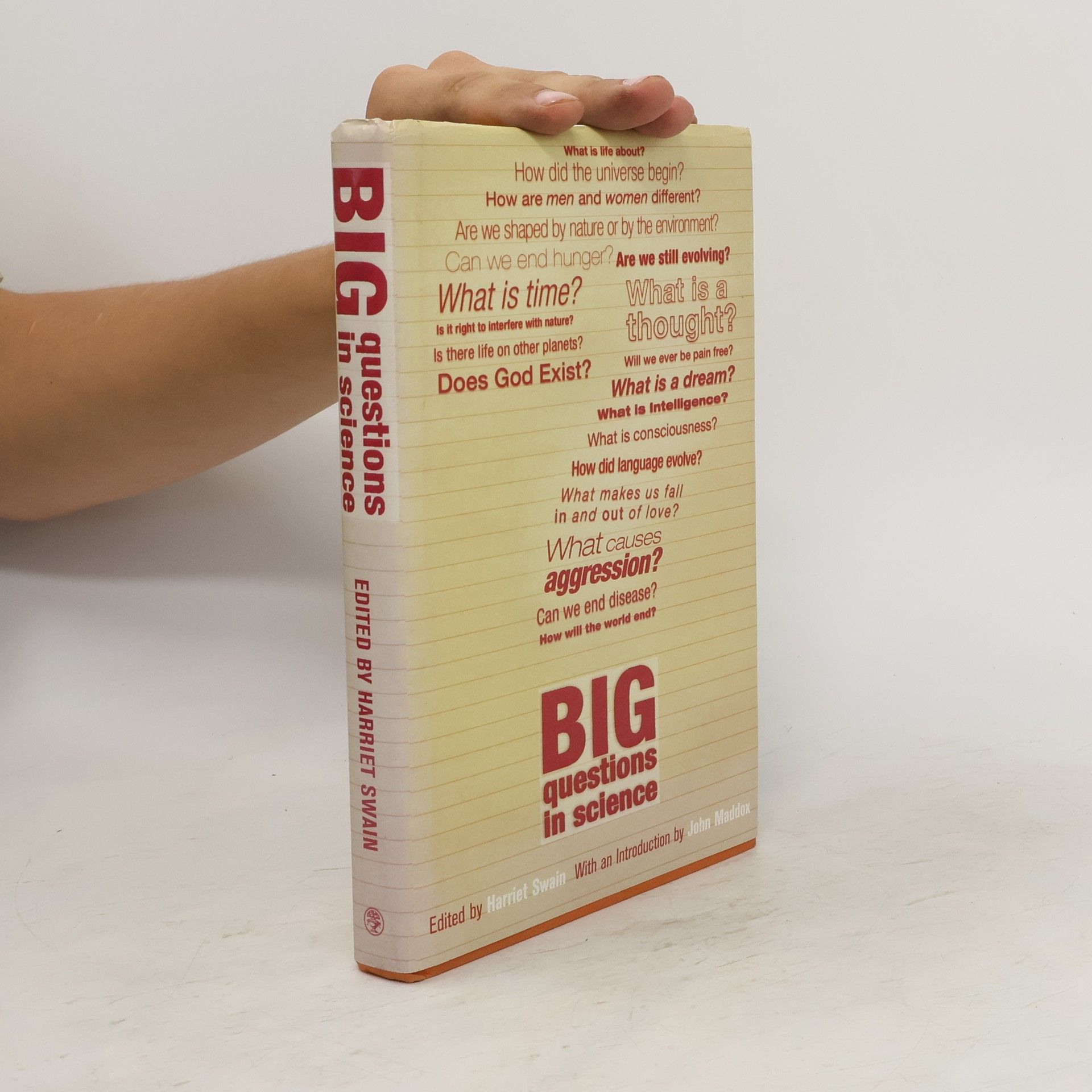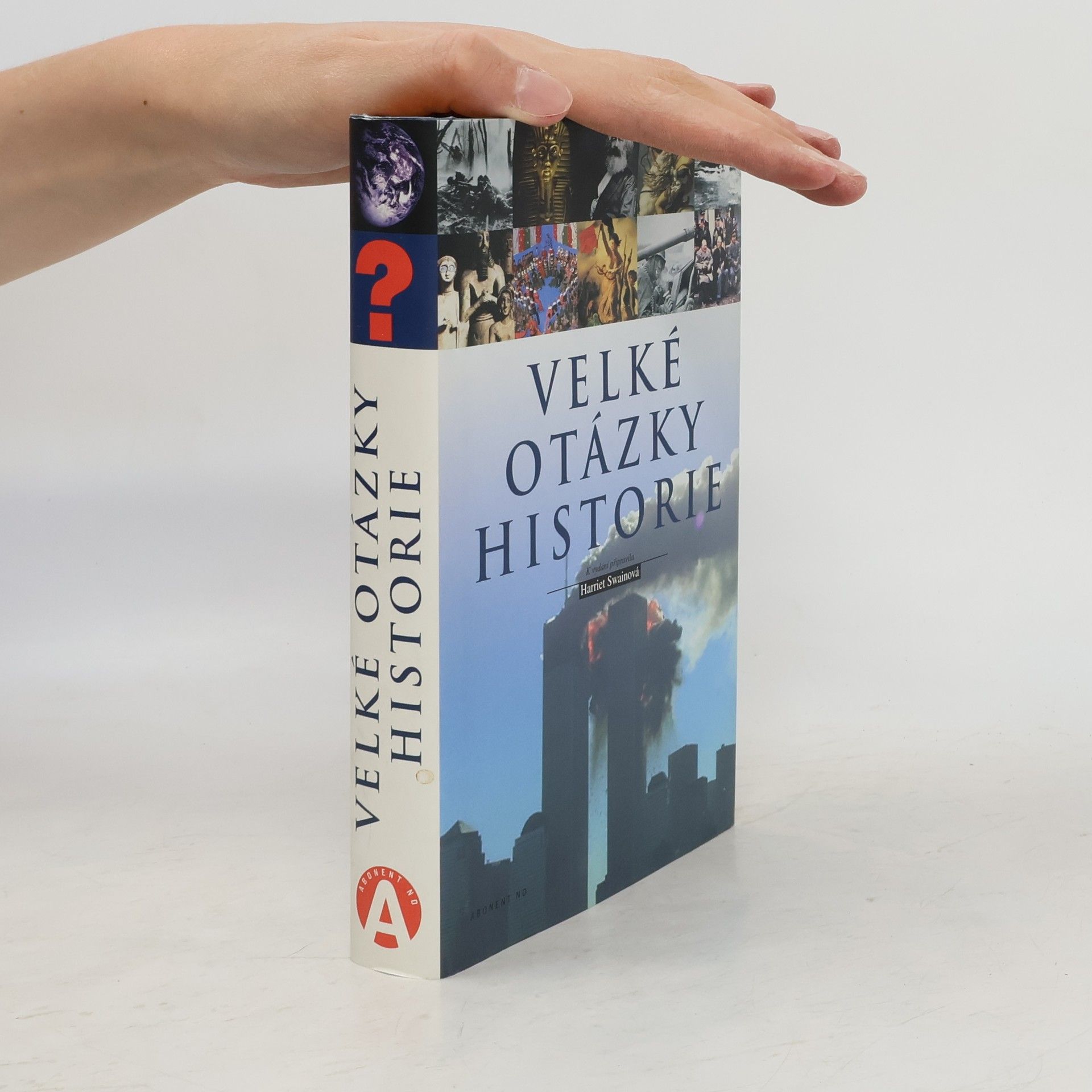Velké otázky historie
- 328 stránok
- 12 hodin čítania
Harriet Swainová z londýnských Timesů položila v této knize předním historikům, politologům, antropologům, archeologům i sociologům působícím na britských i amerických univerzitách věčné otázky, které trápí hloubavé zájemce o historii: jak vznikají civilizace a impéria, proč se hroutí režimy a hospodářské systémy, proč vznikají války a revoluce, jak dochází k náboženským a intelektuálním hnutím, jaký vliv má osobnost či soukromý život v politice a v dějinách, co je to minulost a zda mohou dějiny vůbec skončit. A protože historie je interpretací i dialogem zároveň, je každý z esejů doplněn komentářem jiného myslitele, uvažujícího o tématu z poněkud odlišné perspektivy. Cesta historickým časem má jediný význam. Má odpovědět na otázku, kdo jsme my, zajatci i tvůrci dějin, kam směřujeme a co má pro nás dnes z minulosti zásadní význam. Snad vám tahle knížka takové hledání umožní.

